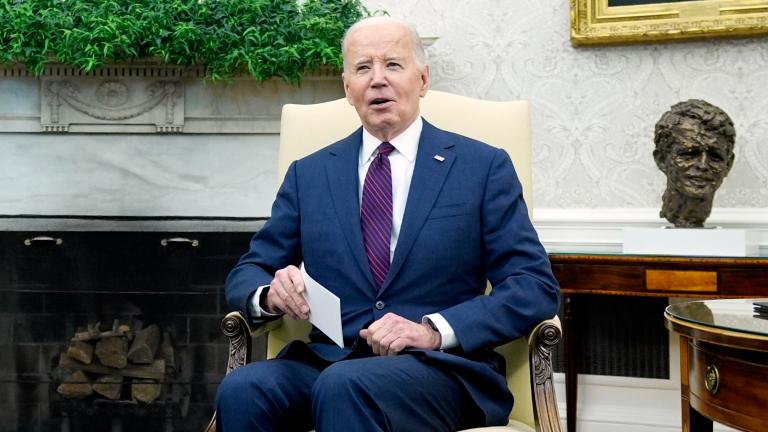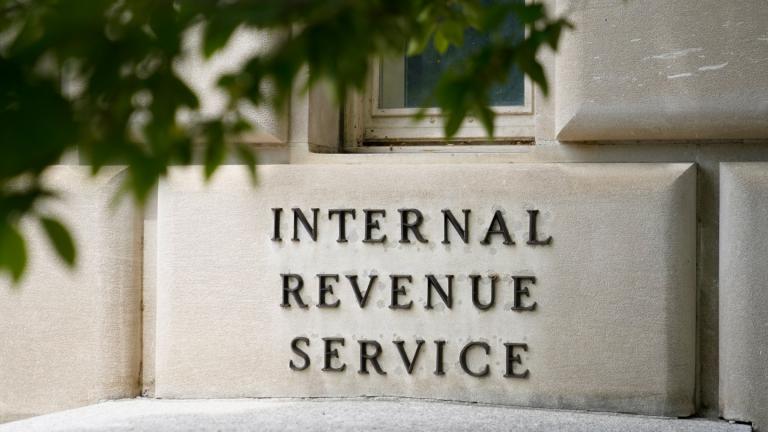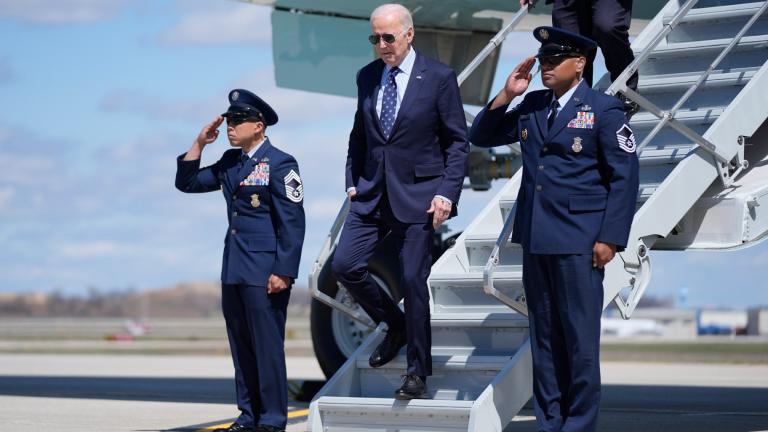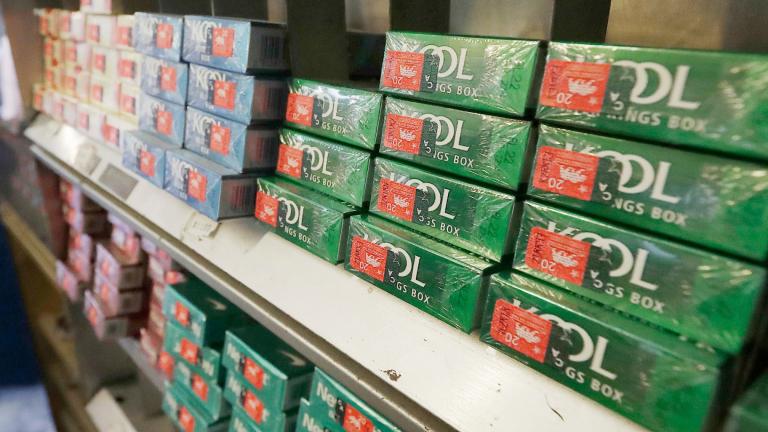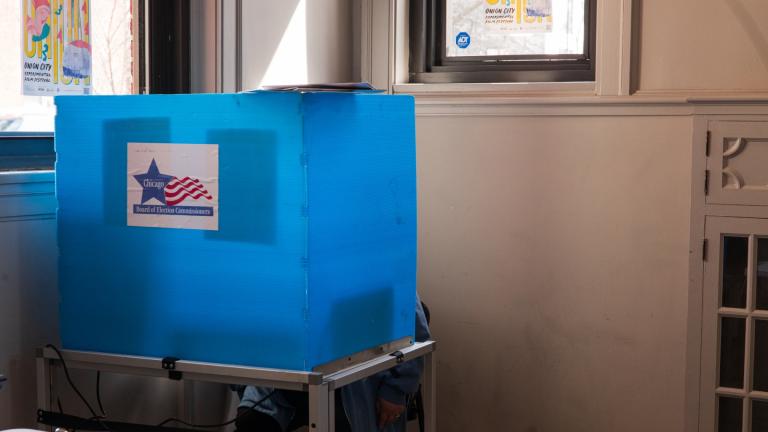Video: President Donald Trump’s foreign policy legacy and what to expect from President-elect Joe Biden: A “Chicago Tonight” conversation with Alberto Coll, professor of law and U.S. foreign relations at DePaul University; and John Mearsheimer, professor of political science at the University of Chicago.
BRUSSELS (AP) — The European Union on Monday invited U.S. President-elect Joe Biden to help mend tattered trans-Atlantic ties and urged him to join it in a long-term “strategic dialogue” that would address global issues ranging from COVID-19 to climate change.
At talks in Brussels, EU foreign ministers said that Europe’s shared interests and historic ties with America make up “the world’s foremost and closest relationship,” and are a solid foundation for cooperating on economic, foreign policy and human rights challenges.
“A strong trans-Atlantic partnership is vital to ensure and to contribute to our common security, stability and prosperity,” the ministers said in a statement.
Trans-Atlantic ties have eroded over the last four years under President Donald Trump, who slapped tariffs on European exports and pulled the United States out of a number of security agreements that they hold dear, notably the Iran nuclear deal.
Trump also abandoned the Paris climate change agreement, and has spurned the multilateral approach that is part of the EU’s DNA when it comes to bodies like the World Health Organization. As ties have unraveled, Russia and China have become more assertive.
Looking to put the Trump era behind them, the ministers underlined their “interest to engage in a regular, comprehensive and strategic political dialogue with the United States, including at the highest level, in order to reach the full potential of the transatlantic partnership.”
They said the 27-nation bloc “stands ready to discuss the strategic direction of all policies of shared interest and looks forward to expanding cooperation with the United States.” They called for fresh efforts to reform international bodies like the World Health Organization and the World Trade Organization, as well as to strengthen global arms treaties.
“With Joe Biden’s election as the new American president, there are a lot of major opportunities that we as Europe want to take,” said German Foreign Minister Heiko Maas, whose country holds the EU’s rotating presidency until the end of the month.
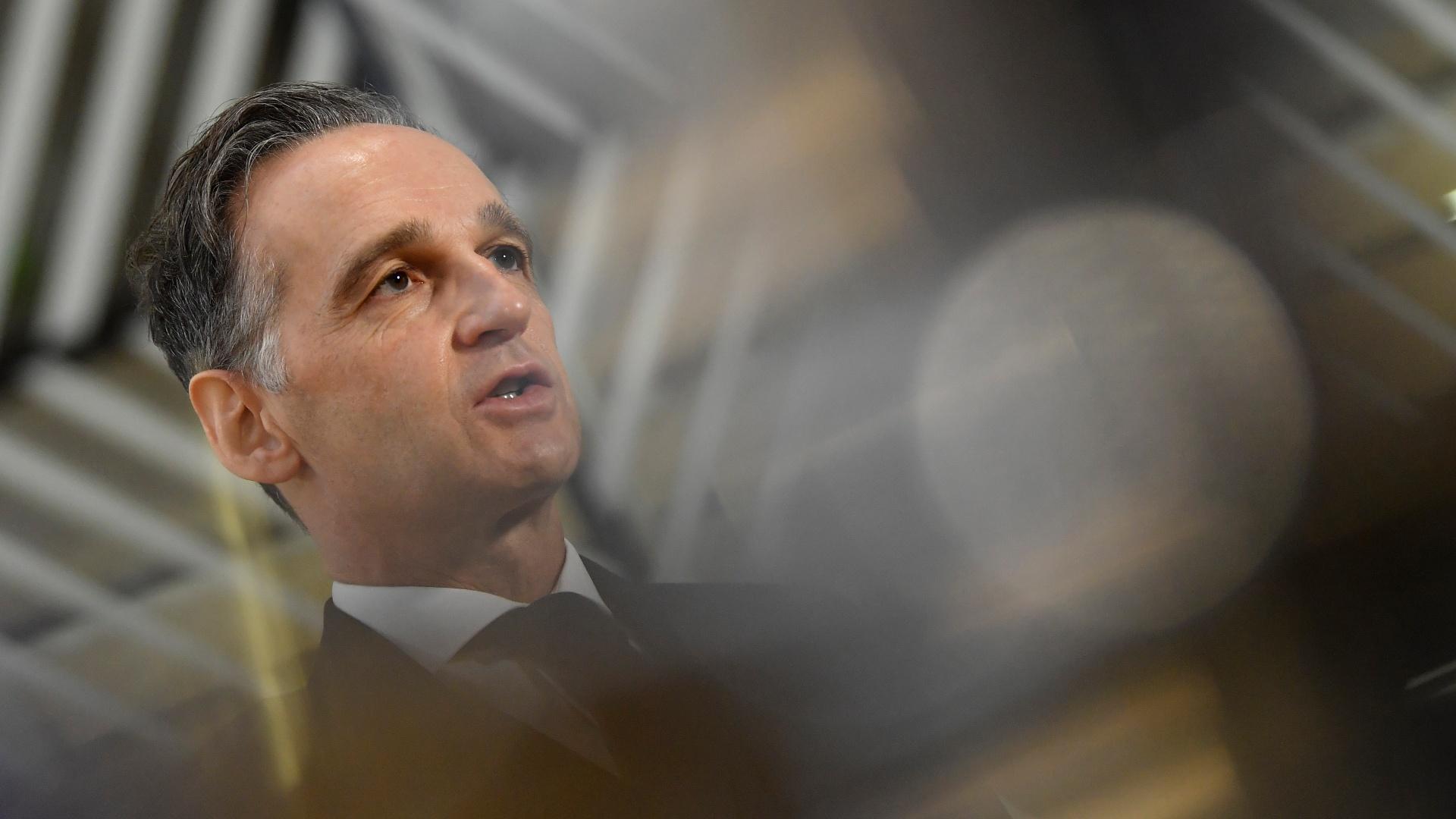 German Foreign Minister Heiko Maas speaks with the media as he arrives for a meeting of EU Foreign Ministers at the European Council building in Brussels, Monday Dec. 7, 2020. (John Thys, Pool via AP)
German Foreign Minister Heiko Maas speaks with the media as he arrives for a meeting of EU Foreign Ministers at the European Council building in Brussels, Monday Dec. 7, 2020. (John Thys, Pool via AP)
But Maas conceded that U.S. policy won’t change entirely. “Not everything will be different, but a lot will be better, and we must be clear what part of our responsibility we will take, and where we will cooperate with the United States — be it in our direct or indirect neighborhood, in the western Balkans, in eastern Europe, but also in Africa,” he said.
EU foreign policy chief Josep Borrell, who chaired the meeting, said the aim is to establish “a new, refreshed start of our engagement with the U.S.” The bloc’s leaders will also discuss EU-U.S. relations this week at a two-day summit starting on Thursday, and have been heartened by the positive noises coming from across the Atlantic.
Lithuanian Foreign Minister Linas Linkevicius said the Biden team, which is set to take office on Jan. 20, appears to be coming in with a “different attitude, different willingness, readiness to coordinate, to act together.”
“On both sides of the ocean, we have to act with responsibility and with understanding. There is no replacement for trans-Atlantic relations,” Linkevicius said.

